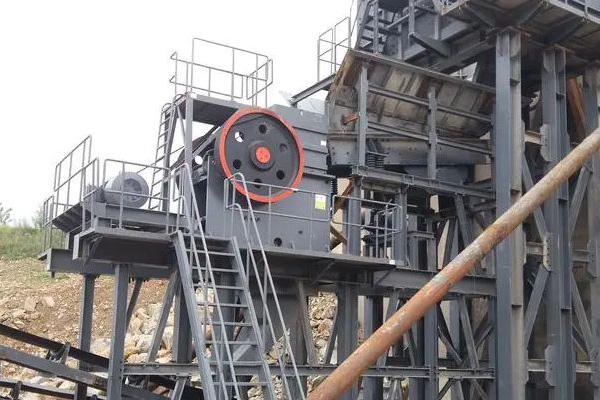A river pebble ore production jaw crusher is a key piece of equipment used in the mining and aggregate industries to process river pebble stones into smaller, usable materials. These machines are essential in the production of high-quality aggregates for construction and industrial applications, such as road building, concrete production, and more. Below is an overview of how these crushers work, their benefits, and considerations for their use in river pebble ore production.
Function and Design of a River Pebble Ore Production Jaw Crusher
The jaw crusher is designed to crush large chunks of material into smaller pieces by applying compressive force. It features two jaws – one fixed and one movable. The fixed jaw remains stationary, while the movable jaw swings back and forth in a crushing motion. As river pebbles or ore materials are fed into the crusher, they are squeezed between the two jaws, breaking them into smaller, more manageable pieces. This process continues as the material moves through the crusher’s chamber.

River pebbles, often used as a raw material in various aggregate applications, can have a very hard surface due to their exposure to natural elements over time. This requires a crusher with high durability, strength, and the ability to handle materials with significant hardness. The jaw crusher is ideally suited for this task due to its robust construction and simple mechanism.
Key Benefits of Using a Jaw Crusher for River Pebble Ore Production
- High Crushing Efficiency: Jaw crushers are known for their ability to handle a large volume of material at once, making them efficient for processing river pebble ore. They provide high throughput and can process significant amounts of material in a short period.
- Durability and Reliability: Since river pebbles are dense and tough, the jaw crusher’s construction is designed to withstand harsh working conditions. High-strength materials, such as manganese steel for the jaws, help in enhancing its longevity.
- Versatility: These crushers are suitable for a wide range of materials, including river pebbles, granite, limestone, and other ores. With minimal adjustments, they can be adapted to different production needs, making them versatile for various crushing tasks.
- Simple Operation: Jaw crushers are relatively easy to operate and maintain. This makes them ideal for quarry operations and mining sites where operational efficiency is paramount.
- Ability to Produce Desired Particle Size: Jaw crushers can produce a variety of outputs depending on the setting of the crusher. The size of the crushed material can be controlled by adjusting the distance between the jaws, allowing operators to produce the desired particle size for different applications.
Considerations for River Pebble Ore Production with Jaw Crushers
While jaw crushers offer many advantages, certain considerations need to be taken into account when using them in river pebble ore production:
- Size and Feed Capacity: River pebble ores vary in size and hardness, which means selecting the right jaw crusher with the appropriate feed opening and processing capacity is crucial. A crusher that is too small might struggle to handle larger pebbles, while one that is too large might lead to wasted resources.
- Wear and Tear: Jaw crushers can experience wear and tear due to the constant friction between the jaws and the materials. Over time, this can reduce efficiency and require replacement of parts like the jaw plates. Using high-quality, wear-resistant materials for the jaws can help reduce downtime.
- Maintenance: Regular maintenance is key to ensuring the longevity of the jaw crusher. This includes checking for signs of wear, lubricating parts, and replacing worn-out components to ensure the machine operates at its best.
In river pebble ore production, a jaw crusher is an indispensable tool that offers high crushing efficiency, durability, and reliability. By breaking down tough river pebble materials into manageable sizes, these machines provide the foundation for creating high-quality aggregates. However, careful attention must be paid to selecting the appropriate model for the specific application, maintaining the crusher, and addressing potential issues such as wear and dust generation. When used properly, a river pebble ore production jaw crusher can significantly enhance productivity and contribute to the overall success of mining and aggregate operations.

